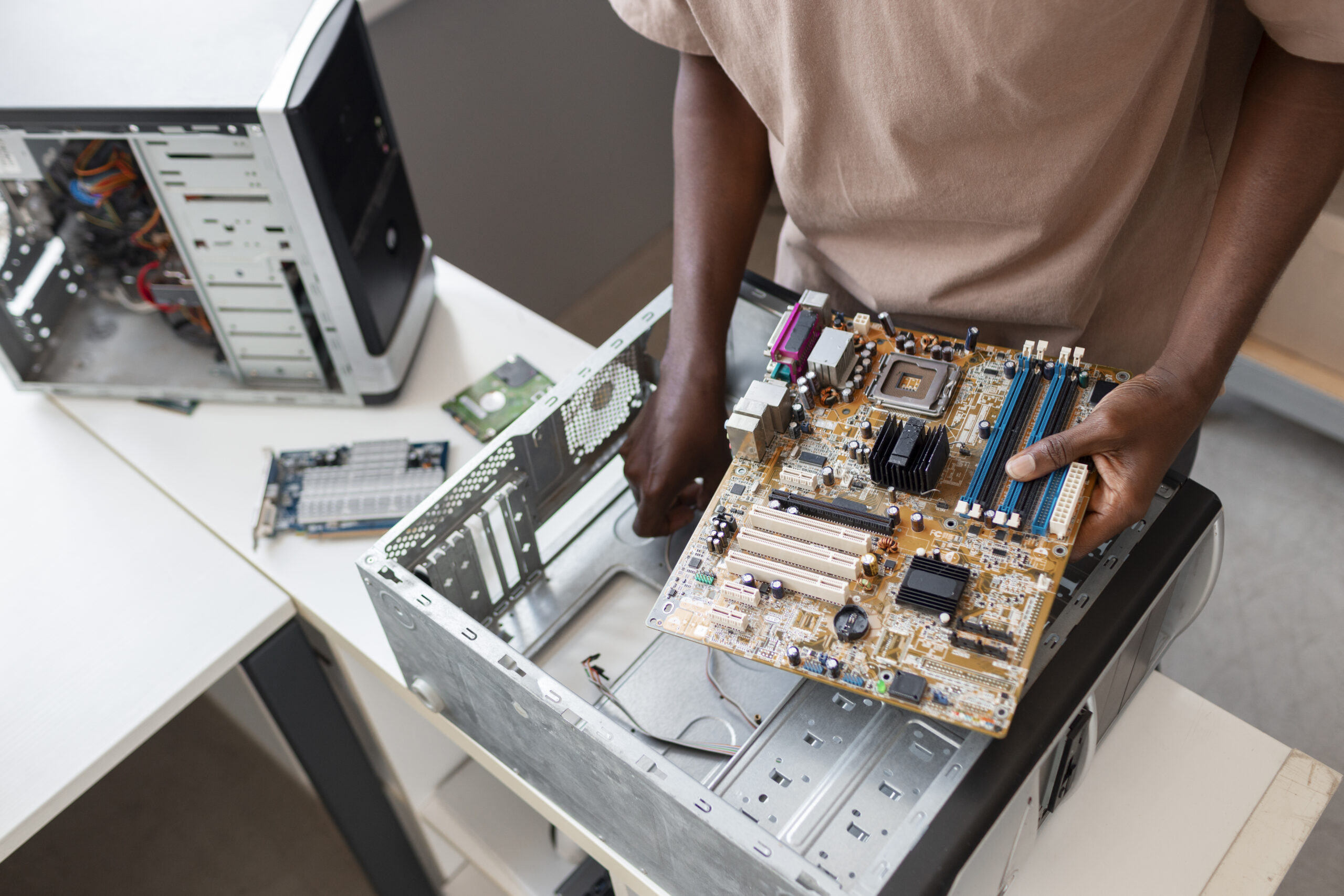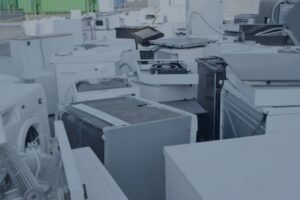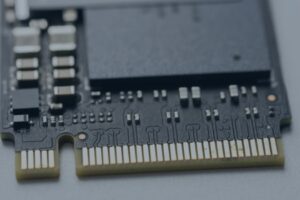As technology continues to evolve, residents and businesses across New Jersey are frequently upgrading their electronics, leaving behind outdated computers, monitors, printers, and peripherals. While it might be tempting to toss an old device in the trash, doing so not only risks personal data exposure but also contributes to environmental harm.
This guide explores how to properly manage computer disposal in NJ, highlighting safe, effective, and eco-conscious ways to handle e-waste.
Understanding E-Waste and Its Environmental Impact
Electronic waste, or e-waste, includes any discarded electronic devices such as desktops, laptops, tablets, and other digital hardware. These devices often contain hazardous materials, including lead, mercury, and cadmium. When left in landfills, these substances can leach into the soil and groundwater, threatening ecosystems and human health.
Moreover, many electronics also contain recoverable metals and plastics that could otherwise be reused, making improper disposal an unnecessary waste of resources.
Choosing electronic recycling NJ services ensures that these devices are processed safely, valuable materials are recovered, and environmental harm is minimized.
Regional Recycling Resources Throughout New Jersey
Several New Jersey counties offer their own dedicated programs to make e-waste recycling even more accessible. In Bergen County, many municipalities host local electronics collection at Department of Public Works depots. Hudson County provides free recycling services through the Hudson County Improvement Authority, while Somerset County schedules designated drop-off days for e-waste collection. In Burlington County, residents can bring old electronics to the Burlington County Resource Recovery Complex.
In Edison Township, residents can dispose of electronics at a facility on New Durham Road six days a week. For anyone unsure of their nearest recycling options, contacting their local municipal offices is a great first step to learning more.
Preparing Your Computer for Safe Disposal
Before recycling or donating an old computer, it’s vital to ensure that no personal or sensitive data remains on the device. First, important files should be backed up to external hard drives or cloud storage platforms. Next, users should use reliable data-wiping software to permanently erase data from the hard drive.
Once data is deleted, any external accessories such as USB drives or cables should be removed. Taking these steps ensures that your private information remains secure and reduces the chances of data theft.
The Benefits of Responsible E-Waste Recycling
Recycling computers and electronics offers numerous environmental and social benefits. By diverting e-waste from landfills, we prevent harmful chemicals from contaminating natural ecosystems.
Additionally, recycling helps conserve finite natural resources by recovering valuable materials such as aluminum, copper, and plastics, which can be used in the manufacturing of new devices.
Data security is another major benefit. Responsible disposal that includes data destruction eliminates the risks associated with identity theft and unauthorized access to personal or business information.
Furthermore, many recycled devices are refurbished, giving them a second life and benefiting those in need. Choosing a trusted computer recycling NJ provider ensures these processes are handled securely, efficiently, and in an environmentally responsible way.
Final Thoughts on Computer Disposal in New Jersey
The proper disposal of old computers in New Jersey is more than a convenience—it’s a responsibility that protects the planet and personal data. Fortunately, there is a wide range of accessible programs, from county-level initiatives to national retailer services, that make e-waste recycling easier than ever.
By taking a proactive approach to computer disposal, New Jersey residents and business owners play a critical role in minimizing environmental harm, conserving resources, and supporting secure data management.
Whether you choose to use your county’s recycling program or your municipality’s drop-off program, the key is to act responsibly. Reach out to EACR Inc. if you’re looking for licensed, dependable computer recycling services with a strong track record of safety and sustainability.





